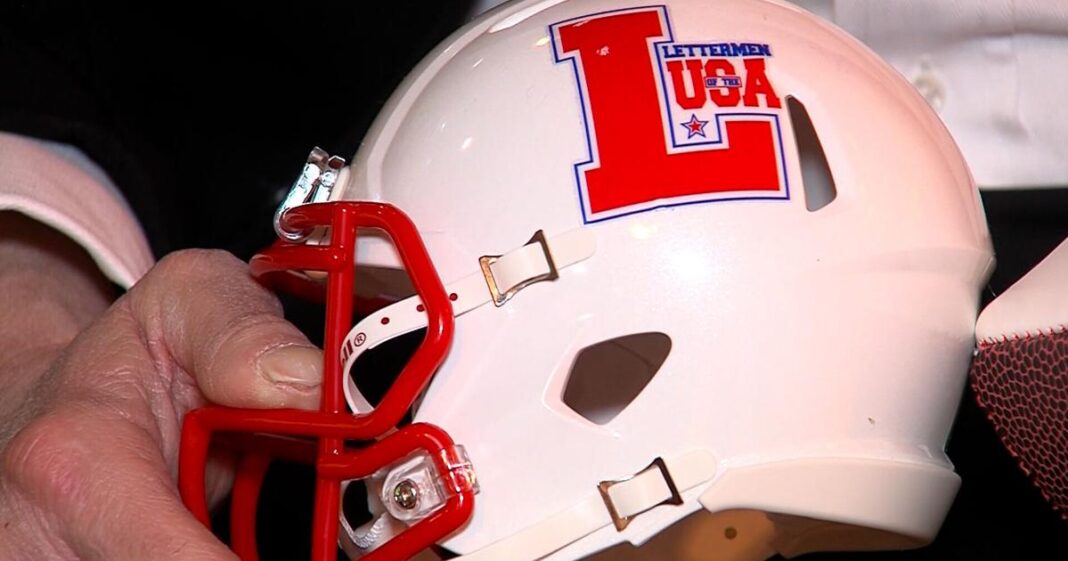Advancing the Battle Against CTE: The Lettermen of the USA and Concussion Legacy Foundation Partnership
A Personal Mission
In the realm of sports and military service, the intersection of personal loss and broader societal issues often inspires change. Darryl Fuhrman, the CEO of the non-profit organization Lettermen of the USA, has taken that inspiration to heart. After losing a teammate to Chronic Traumatic Encephalopathy (CTE), Fuhrman is committed to improving the post-service experience for both veterans and former athletes. This commitment has led him to forge an important partnership with the doctors and researchers at the Concussion Legacy Foundation.
The Quest for Diagnosis
The collaboration aims to tackle one of the most significant challenges in the study of CTE: finding a way to diagnose this degenerative brain condition while the patient is still alive. CTE is notoriously difficult to diagnose before death, as it traditionally requires post-mortem analysis of brain tissue. Fuhrman shares the urgency of this mission: “I think it was personal for me… several teammates have been to Boston to be checked for their concussions.”
Insights from Research
Fuhrman’s conversations with researchers at the Boston University CTE Center revealed alarming connections between CTE and mental health challenges, such as suicide among veterans and athletes. “They showed me a lot of studies,” Fuhrman recalls. The evidence linking traumatic brain injuries to long-term health conditions is compelling, underscoring the pressing need for effective diagnostic methods.
The Race Against Time
With the stakes so high, researchers like Taia MacEachern, a PhD student from Alabama, are actively participating in groundbreaking studies. MacEachern acknowledges the current gaps in knowledge surrounding CTE: “We just don’t know a lot.” The focus now is to establish a definitive method for diagnosing CTE—ideally before a patient’s death.
Exploring Biomarkers
One promising avenue of research involves identifying specific biomarkers that can signal the presence of CTE. MacEachern explains that these biomarkers may be released from the brain after a concussion and could potentially be isolated from blood samples. Achieving this could revolutionize CTE diagnosis, making it possible to identify the condition while patients are still alive, thus allowing for earlier intervention and support.
Proximity to Breakthroughs
Fuhrman expresses optimism about the advancements being made. Doctors at the Concussion Legacy Foundation have informed him that they are on the brink of isolating that critical final biomarker needed for diagnosis. With ongoing research and collaboration, Fuhrman hopes that within the next few years, a breakthrough will be achieved at the Boston University CTE Center.
The Bigger Picture
The partnership between Lettermen of the USA and the Concussion Legacy Foundation underscores a broader societal concern about brain health in contact sports. As the conversation about the long-term effects of concussions continues to evolve, initiatives like this one highlight the importance of addressing the health and well-being of both veterans and athletes. Fuhrman’s personal journey fuels a collective effort to turn scientific inquiry into actionable solutions.
Moving Forward
As the research progresses, the promise of improving diagnostic methods for CTE is becoming more tangible. The ongoing efforts reflect a commitment not only to honor those affected by the disease but also to pave the way for a safer future in sports and beyond. Each small victory in the lab can lead to meaningful changes in the lives of many, fostering hope and resilience among individuals and communities alike.



